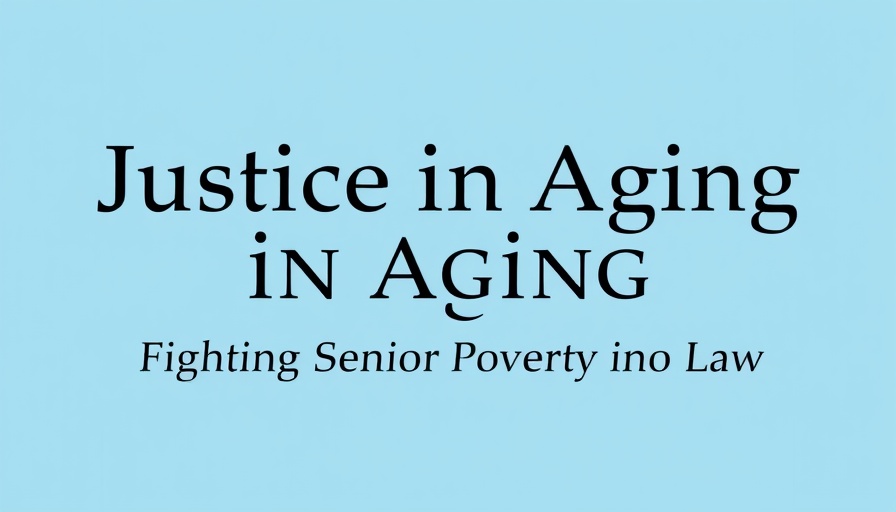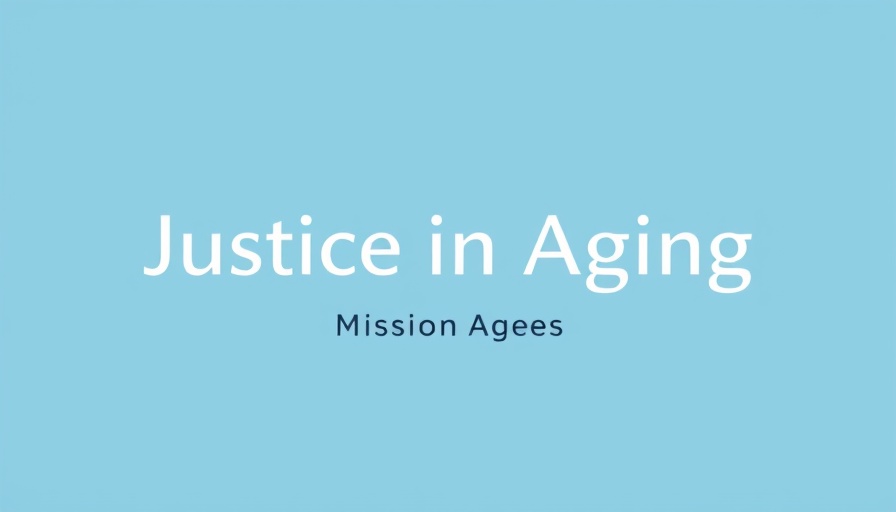
The California Master Plan for Aging: A Vision for the Future
In January 2021, California Governor Gavin Newsom introduced the Master Plan for Aging (MPA), a ten-year framework addressing the needs of an aging population in the state. This ambitious plan outlines five essential goals: Housing for All Ages and Stages, Health Reimagined, Inclusion & Equity, Not Isolation, Caregiving that Works, and Affording Aging. With the increasing proportion of seniors among the populace, it is crucial that California creates an environment where older adults can thrive. As we approach the halfway mark of this initiative, we look at the 2025 legislative bills that aim to enhance the lives of older adults and people with disabilities, providing opportunities for them to age comfortably and with dignity.
Critical Legislative Bills in 2025
The 2025 legislative session has introduced numerous bills aimed at directly benefiting seniors and people with disabilities. A key area of focus continues to be housing. For example, AB 474, also known as the Home Sharing bill, aims to encourage participation in nonprofit home-sharing programs specifically for older adults, allowing them to share living spaces and resources, thereby enhancing social connections and reducing isolation.
Another noteworthy bill, AB 804, seeks to establish Medi-Cal housing support services as an entitlement, expanding the number of individuals receiving assistance. This bill reinforces the plan's goal of providing essential support for housing, especially for those who may be at risk of homelessness.
Enhancing Emergency Preparedness for Seniors
As California faces the challenges of climate change and natural disasters, it's imperative that our infrastructure reflects adequate preparedness for vulnerable populations. AB 1068 proposes creating a statewide long-term care emergency response system, strengthening California's readiness to protect older adults during crises—an essential component of the state’s emergency management strategy.
Eviction Protections and Sustainability of Services
Equally critical are the rights of seniors living in residential care facilities; SB 434 aims to provide necessary eviction protections, mandating longer notice periods based on the residents' duration of stay. This legislation is vital as it protects seniors from abrupt displacements that could lead to increased vulnerability.
Budget proposals submitted alongside these bills underline the commitment to sustaining essential services. The California Commission on Aging has requested significant funding to uphold the Housing and Disability Advocacy Program, ensuring that older adults in perilous living situations receive necessary advocacy and assistance. These efforts are pivotal for maintaining a robust infrastructure that supports community care and decreases homelessness risk.
Looking Ahead: Future Trends and Predictions
The focus on aging populations in California indicates a broader societal recognition of the importance of elderly care. With the demographic shift towards an older populace, there is a rising call for policies that safeguard the dignity and rights of these individuals. Future legislative efforts will likely continue in this vein, incorporating technology, such as telehealth and AI-driven support services, to enhance the quality of care and convenience for older adults.
Equipping Seniors with Resources for Empowerment
Understanding these legislative measures is not only critical for policymakers but also for seniors themselves. Knowledge of available resources and rights can empower older adults to advocate for their needs effectively. Community organizations and local agencies play a vital role in disseminating information regarding these programs, ensuring that seniors are aware of the support available to them.
Common Misconceptions Regarding Aging and Policy
Despite advancements and support mechanisms in place, misconceptions regarding aging persist. Many still perceive aging as a purely negative process. However, embracing programs like California's MPA illustrates a proactive approach—one that values aging individuals as active participants in society rather than passive recipients of care. Recognizing the potential contributions of seniors to their communities can reshape the narrative around aging.
As we navigate this crucial landscape in California, awareness and engagement with these legislative efforts can shape a future where older adults not only age in place but also thrive within their communities.
Call to Action: Stay Informed and Get Involved
Encouraging older adults and their families to stay informed about the evolving landscape of legislation impacting their lives is paramount. By participating in community discussions, voicing concerns, and advocating for their rights, seniors can contribute to the effective implementation of California's Master Plan for Aging. For more information on how you can advocate for solutions that support our aging population, consider reaching out to local advocacy groups dedicated to these efforts.
 Add Row
Add Row  Add
Add 




 Add Row
Add Row  Add
Add 

Write A Comment